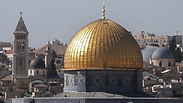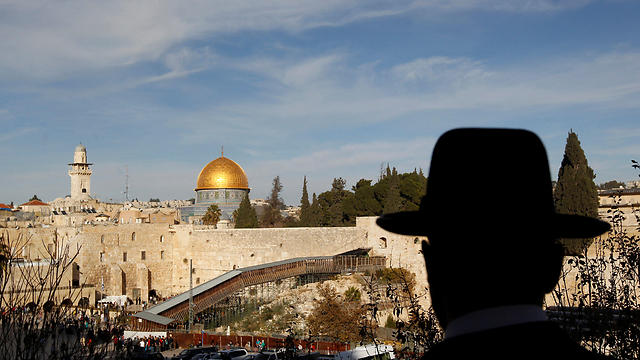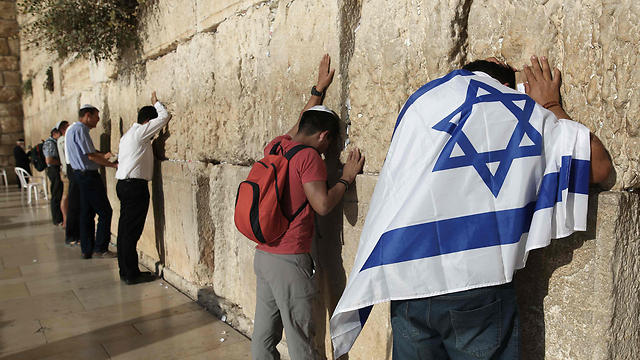
UNESCO officially adopts controversial Jerusalem resolution
Following the holding of a new vote on a draft resolution that failed to acknowledge a Jewish connection to the Temple Mount in the Old City of Jerusalem by exclusively using the its Islamic appellation, the body finally adopted the resolution despite remonstrations from Israel and Jews around the world.
The board approved the measure in its morning session at Paris-based UNESCO with a majority of its members, as required, voting for the adoption.
The resolution is not expected to have direct impact on Jerusalem itself, but it deepened tensions within UNESCO, which is also facing a diplomatic dispute between Japan and China that threatens funding.
The resolution, titled "Occupied Palestine," was the latest of several measures at the United Nations Educational, Scientific and Cultural Organization over decades that Israelis see as evidence of ingrained anti-Israel bias within the United Nations, where Israel and its allies are far outnumbered by Arab countries and their supporters. Israel's concern has mounted since UNESCO states admitted the Palestinians as members in 2011.
Israel last week suspended its ties with UNESCO over the draft resolution, which uses only the Islamic name for a hilltop compound sacred to both Jews and Muslims. The site includes the Western Wall, a remnant of the biblical temple and the holiest site where Jews can pray.
Jews refer to the hilltop compound in Jerusalem's Old City as the Temple Mount. Muslims refer to it as al-Haram al-Sharif, Arabic for the Noble Sanctuary, and it includes the Al-Aqsa mosque and the golden Dome of the Rock. It is the holiest site in Judaism and the third holiest in Islam, after Mecca and Medina in Saudi Arabia.
Israel had already suspended its funding to UNESCO when Palestinian membership was approved, along with the United States, which used to provide 22 percent of the agency's budget.
Now Japan, UNESCO's second-biggest funder, is threatening to halt funding. Japan announced last week it has withheld its annual UNESCO dues, saying it wants to make sure the UN body properly functions to foster trust among member nations. The decision is believed to be linked to UNESCO's listing last year of Chinese Rape of Nanking documents as a memory of the world.
A vote cast on Thursday for the draft resolution resulted in the same outcome as Tuesday’s decision. However, a second vote was called after Mexico, which originally voted in favor of the contentious resolution, announced that it had taken issue with the sections only refermcing the holy site by it Islamic names.
Mexico therefore sought to withdraw and change its previous vote just one day before the UNESCO executive board was set to close proceedings on the resolution. However, Mexico’s apparent mea culpa never raised hopes in Israel that the decision would be reversed in a second vote since the majority of states required to pass the resolution maintained their stance.


















